1805-14: Autotelics
By:
October 7, 2010

Men and women born from 1805-14 (they were in their teens and 20s in the Eighteen-Twenties [1825-33], and in their 20s and 30s in the Thirties [1834-43]), belong — according to the too-widely accepted periodization of pop demographers William Strauss and Neil Howe — to a so-called Transcendental Generation (born 1792-1821). As usual, I beg to differ.
Strauss and Howe’s Frankenstein monster of a generation cobbles together two discrete, distinctive generational cohorts, one born from 1805-14, the other from 1815-23. Their periodization scheme also shanghais younger Original Prometheans and older Retrogressivists into the mix. In order to celebrate the proto-middlebrow legacy of Ralph Waldo Emerson at the expense of his high-, low-, no-, and hilobrow contemporaries (e.g., Poe, Bakunin, Baudelaire, Kierkegaard, Marx), Strauss and Howe invented a Transcendental Generation whose particulars don’t hold up under even the most cursory scrutiny. Why hasn’t this already been pointed out?
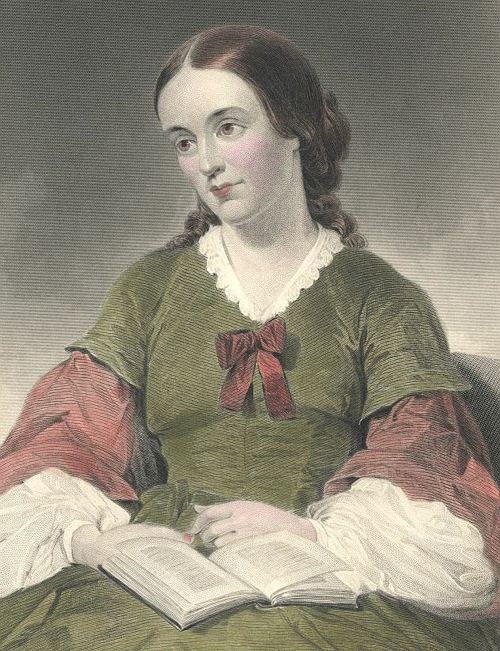
Regarding the 1805-14 cohort, let me be the first to note that many members of the Transcendentalist movement (though neither Emerson nor Thoreau) were born between those dates. However, whether we limit our data to America and England (i.e., like Strauss and Howe) or cast a wider net, the striking thing we notice about men and women born from 1805-14 is not a shared faith in an ideal spiritual state transcending the physical and realized only through the individual’s intuition. (Edgar Allan Poe, born 1809, ridiculed the Transcendentalist’s “mysticism for mysticism’s sake.”) What we do notice about these men and women is their internally generated drive and motivation, their lack of dependence on the sorts of external rewards that motivate most of us to stick closely to safe routines. So let’s call them the Autotelic Generation.
The (penultimate-romanticist) Autotelic Generation includes proto-Situationist dandies and flâneurs, Bouzingos and blagueurs, anarchists and aesthetes, revolutionaries and hoaxers. Hi-, lo-, no-, and hilobrow members of the 1805-14 cohort include: Ada Lovelace, Alexander Herzen, Alexis de Tocqueville, Charles Darwin, Charles Dickens, Edgar Allan Poe, Georg Büchner, Gérard de Nerval, Giuseppe Garibaldi, John Stuart Mill, Ludwig Feuerbach [honorary], Margaret Fuller, Max Stirner, Mikhail Bakunin, Nathaniel Hawthorne [honorary], Nikolai Gogol, P.T. Barnum, Pierre-Joseph Proudhon, Richard Wagner, Søren Kierkegaard, and Théophile Gautier.
A reminder of my 250-year generational periodization scheme:
1755-64: [Republican Generation] Perfectibilists
1765-74: [Republican, Compromise Generations] Original Romantics
1775-84: [Compromise Generation] Ironic Idealists
1785-94: [Compromise, Transcendental Generations] Original Prometheans
1795-1804: [Transcendental Generation] Monomaniacs
1805-14: [Transcendental Generation] Autotelics
1815-24: [Transcendental, Gilded Generations] Retrogressivists
1825-33: [Gilded Generation] Post-Romantics
1834-43: [Gilded Generation] Original Decadents
1844-53: [Progressive Generation] New Prometheans
1854-63: [Progressive, Missionary Generations] Plutonians
1864-73: [Missionary Generation] Anarcho-Symbolists
1874-83: [Missionary Generation] Psychonauts
1884-93: [Lost Generation] Modernists
1894-1903: [Lost, Greatest/GI Generations] Hardboileds
1904-13: [Greatest/GI Generation] Partisans
1914-23: [Greatest/GI Generation] New Gods
1924-33: [Silent Generation] Postmodernists
1934-43: [Silent Generation] Anti-Anti-Utopians
1944-53: [Boomers] Blank Generation
1954-63: [Boomers] OGXers
1964-73: [Generation X, Thirteenth Generation] Reconstructionists
1974-82: [Generations X, Y] Revivalists
1983-92: [Millennial Generation] Social Darwikians
1993-2002: [Millennials, Generation Z] TBA
LEARN MORE about this periodization scheme | READ ALL generational articles on HiLobrow.
Before I continue, let me reiterate that I don’t believe that generations are some kind of astrology-style shaper of individual destinies. I believe that (a) cultural generations are sociological and historical facts, and (b) Strauss and Howe’s scheme is mis- and disleading. My own eccentric periodization scheme is partly a put-on; its laughable regularity is the giveaway. That said, my scheme is based on research and on considered (semi-apophenic) analysis of the data. If generational periodization is as much an art as it is a science, then it would not be unflattering were someone to compare my work to the obsessively detailed art of, say, Adolf Wölfli, Madge Gill, Eugene Andolsek, or Hiroyuki Doi. It’s a crackpot scheme — but it’s correct!
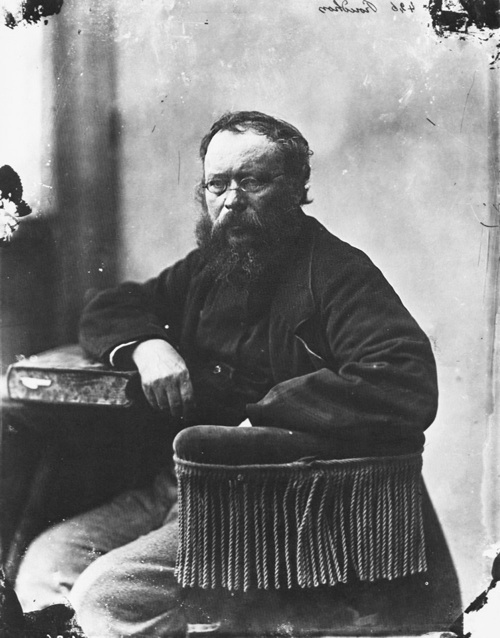
To be GOVERNED is to be watched, inspected, spied upon, directed, law-driven, numbered, regulated, enrolled, indoctrinated, preached at, controlled, checked, estimated, valued, censured, commanded, by creatures who have neither the right nor the wisdom nor the virtue to do so. — Proudhon, “What Is Government?”
On to the Autotelics. Members of this generation were daring, rebellious older sibling figures to the Retrogressivists — i.e., to the final generation of Romantics. Baudelaire, for example, worshiped Poe, Nerval, and Gautier; Melville looked up to Hawthorne [honorary Autotelic] (and, for what it’s worth, he despised Emerson); Marx was influenced by Feuerbach [honorary Autotelic] and Proudhon.
Coming of age, as they did, in an era during which the theory and practice of what we now call neoliberalism was first flourishing in Europe and America, hi-, lo-, no-, and hilobrow members of the 1805-14 cohort articulated eccentric utopian visions — neither liberal nor conservative. Though anti-monarchist, many important Autotelics were pro-aristocratic; while pro-republican, they tended to fear “ochlocracy” (mob rule). Though politicized, they tended to be un- or even anti-partisan; the French Revolution was recent enough to remind them that grand doctrines and ideology-driven politics can result in enslavement, sacrifice, and tyranny. NB: Their anti-ideological stance was funhouse-mirrored by the emergent middle class, who claimed that “Progress” wasn’t an ideology; many of our favorite Autotelics were anti-bourgeois and regarded the shibboleth of Progress as a hegemonic form of ideology.
For example, two Autotelics are among the most influential early anarchist theorists and organizers. Pierre-Joseph Proudhon’s first major work, What is Property? Or, an Inquiry into the Principle of Right and Government (1840), claimed that “Property is Theft!” Proudhon and Marx, who met in Paris while Marx was exiled there, were friendly until Marx attacked Proudhon’s The System of Economic Contradictions, or The Philosophy of Poverty (1847). Marx rejected what he sneeringly termed Proudhon’s “utopian socialism” in favor of what he insisted was “scientific socialism.” (This dispute became one of the sources of the split between the International Working Men’s Association’s anarchist wing, which favored workers’ associations or co-operatives, as well as individual worker/peasant ownership, and its Marxist wing, which favored the nationalization of land and workplaces.) Russian revolutionary Mikhail Bakunin, meanwhile, was a theorist of collectivist anarchism who criticized Marxist-style “authoritarian socialism,” as well as Marx’s concept of the dictatorship of the proletariat. Bakunin was expelled from the First International by Marx and his followers at the Hague Congress in 1872.
Max Stirner is also an important anarchist, but I’m not going to discuss him here. Nor, for that matter, will I discuss Lovelace, Herzen, Darwin, Dickens, Büchner, Garibaldi, Mill, Feuerbach, Fuller, Hawthorne (whom I’ve described as the author of one of the earliest Argonaut Folly novels), Gogol, Barnum, Wagner, or Kierkegaard. Some other time.
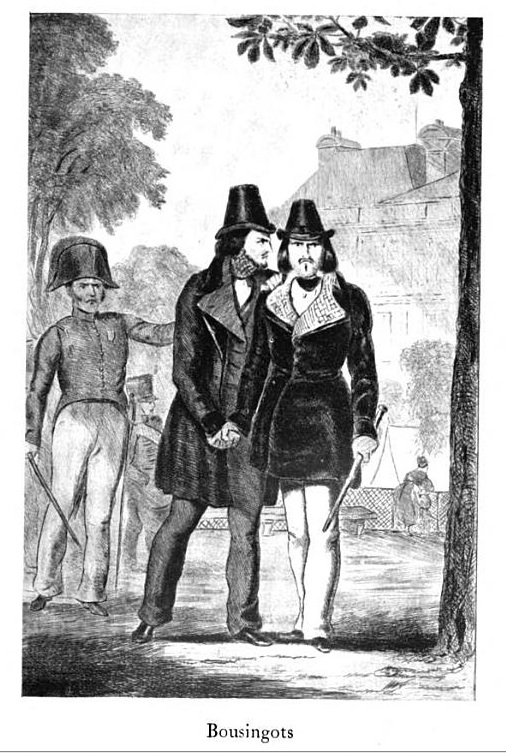
Just as vigorously opposed to capitalism, wage labor/slavery, and worker exploitation were a seemingly quite different crowd of Autotelics: French aesthetes and dandies like Théophile Gautier and Gérard de Nerval. As the literary critic Gene H. Bell-Villada has argued, the idea of l’art pour l’art was particularly attractive to French writers whose medium (poetry) and rhythm of production (leisurely and careful) conflicted with the modes and rhythms of the newly industrialized literary market. He calls Gautier, Nerval, and their comrades “aesthetic separatists” — i.e., they were a crypto-political movement that rejected both the (bourgeois) republican and (hereditary aristocratic) monarchist factions of the era. They were particularly opposed to the newly ascendant culture-consuming bourgeoisie — particularly bourgeois liberals, who insisted that art should be socially and morally “useful” — but they weren’t socialists. The dandies presented themselves as a new, self-invented kind of aristocracy.
“Art for art’s sake” is the English rendering of Gautier’s defiant l’art pour l’art slogan, which expressed the aesthetes’ belief that the intrinsic value of art is divorced from any didactic, moral, or utilitarian function. “Nothing is truly beautiful unless it is useless,” insisted the preface to Gautier’s Mademoiselle de Maupin (1836); note that works like Gautier’s are described as “autotelic,” in the original Greek sense of something “complete in itself.” In the US, Poe was another theorist of autotelic art — which is why Baudelaire, whose translations did so much to popularize Poe in France, was such a fan. In his essay “The Poetic Principle” (1850), Poe writes:
We have taken it into our heads that to write a poem simply for the poem’s sake […] and to acknowledge such to have been our design, would be to confess ourselves radically wanting in the true poetic dignity and force: — but the simple fact is that would we but permit ourselves to look into our own souls we should immediately there discover that under the sun there neither exists nor can exist any work more thoroughly dignified, more supremely noble, than this very poem, this poem per se, this poem which is a poem and nothing more, this poem written solely for the poem’s sake.
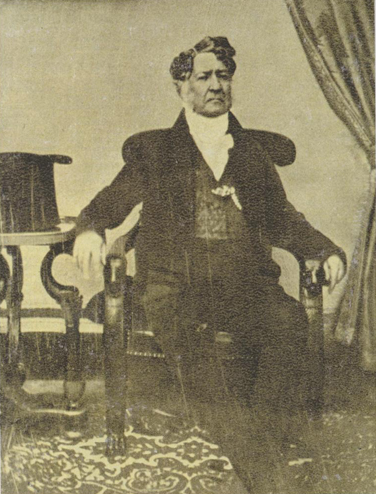
The French Revolution of 1830 (the July Revolution) saw the overthrow of King Charles X of France and the ascent of Louis-Philippe, the “bourgeois monarch.” In Paris during the Twenties (1825-33), political factions (ultra-royalists, Girondin republicans, Jacobin republicans, American-style republicans, Bonapartists, moderate semi-liberal royalists, utopian socialists) enjoyed the support of various literary factions. Most romantics were somewhere on the continuum between republican and liberal, though their factions — Les Meditateurs, Les Frénétiques, Les Larmoyants, Les Illuminés, Le Petit Cénacle, Les Jeunes-France, Les Buveurs d’Eau, the literary-political Bouzingos, the militant Bousingots, Les Badouillards, Les Muscardins, Les Dandys and Les Bohème — suggest that the continuum was a minutely parsed one. The Autotelics who interest us are dandies, aesthetes, and Bouzingos [a slang word meaning something like “shit-heel”] like Nerval and Gautier. The aesthetes’ insistence upon art’s uselessness may have been an anti-partisan position, but it was not unpolitical. The dandies and flâneurs who inspired Baudelaire’s dandyism, and his theory of the “perfect flâneur,” were engaged ironists; their “useless” art and anti-bourgeois mode of dressing and sauntering through crowded Paris streets was a political gesture, a rebuke to the proto-neoliberal “bourgeois monarchy” of Louis-Philippe — which they recognized, presciently, as a new mode of tyranny. Whether or not he actually once walked a lobster on a pale blue leash, Nerval’s flânerie was a form of guerrilla street theater — a gesture of contempt for the hustle and bustle of modern capitalism.
Alexis de Tocqueville shared the aesthetes’ and anarchists’ worry about the evolution of liberal capitalism and its effect upon the social order — and he, too, suspected that some new-fangled form of aristocracy might be the best defense against liberal capitalism’s wiles. (I’ve cribbed some of what follows from an essay I once wrote for n+1.) Between the publication of the first and second volumes of Democracy in America, in 1835 and 1840 respectively, Tocqueville’s tone became increasingly foreboding. If in the first volume of the Frenchman’s study of the democratic spirit of the age he’d praised American democracy as the antidote to political tyranny, in the second he warned of a new, subtler form of tyranny emerging from America itself, where intangible but inexorable pressures threatened to force even staunch individualists into a formerly unthinkable conformity.
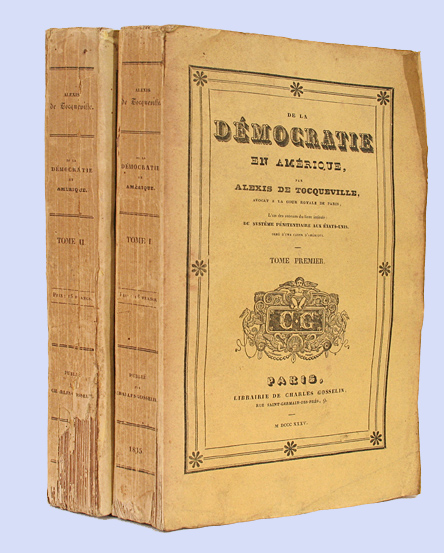
Unlike domination elsewhere, where extra-economic coercion had to be employed to keep citizens in line, it appeared to Tocqueville that the social order of the United States was regulated to a great extent by what he called the American “spirit of gain.” Sure, the new ideals of individualism and equality that were supplanting Europe’s hierarchical and communal values were fostered, just as Adam Smith had predicted, by participation in an open economy. But it was precisely the self-centered individuals of such an economy, hastening to secure their own pleasures regardless of the greater good, who were most likely to surrender their liberty to a paternalistic government, predicted Tocqueville. Liberal capitalism, Tocqueville warned, might become an insidious form of bondage for worker and capitalist alike: a future society in which the opinion of the majority will impel the individual, despite having “smashed all the shackles” of political tyranny, “willingly to cease thinking at all” — that is, to submit to shackles worn not on the limbs but inside the head. In a footnote, Tocqueville suggested that the solution to the either/or of feudalist aristocracy and liberal capitalism might be an “aristocratic republic” in which ordinary citizens experienced political and economic liberty but the unpossessable aristocracy would continue to guide society. (NB: Bakunin suggested much the same thing.)
In a concluding chapter, Tocqueville expresses his deepest fear: If democracy and the spirit of capitalism had made it possible to establish a despotism in America “more extensive and more mild” than any in antiquity, he asks, then what was to stop some future ruler from combining authoritarian sovereignty with liberal capitalism and thereby becoming powerful enough to “dictate and manage the lives of each and every one” of his subjects, controlling the minutest details of social life and of individual existence? The terms “despotism” and “tyranny” wouldn’t suffice to describe such oppression, one spreading “a fine mesh of uniform, minute, and complex rules” over society, Tocqueville warns, and every day making “man’s use of his free will rarer and more futile.”
Brrr!
Meet the Autotelics.
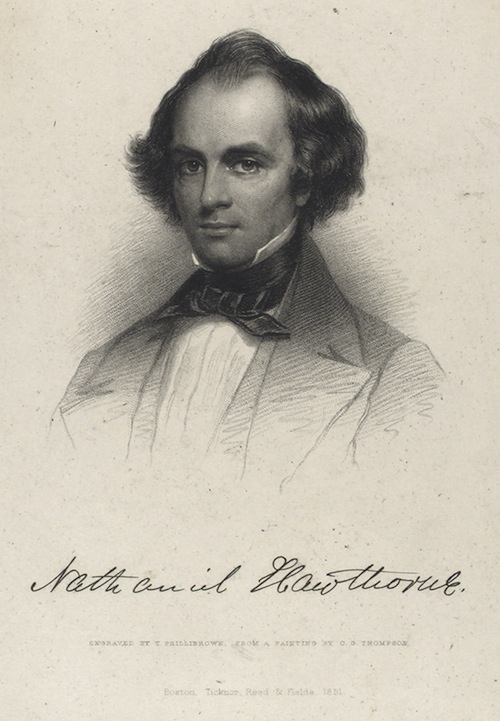
HONORARY AUTOTELICS (born 1804): Nathaniel Hawthorne (American author, friend of Emerson, Brook Farm member, The House of the Seven Gables; author of an important early Argonaut Folly novel), Ludwig Feuerbach (German philosopher, Das Weses des Christentums).
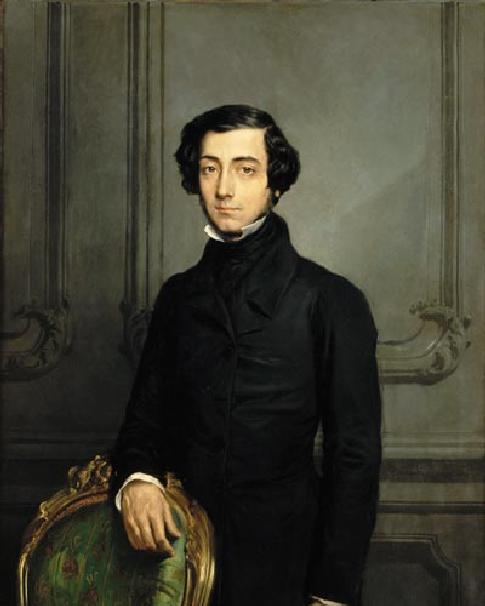
1805 (cuspers): Alexis de Tocqueville (French historian, Democracy in America), Giuseppe Mazzini (Italian patriot, statesman, writer), Hans Christian Andersen (Danish master of the fairy tale), Sir William Rowan Hamilton (mathematician, inventor of Quaternions), Johnnie Walker (whiskey maker), Henry Wells (co-founder of Wells Fargo, American Express), James Wilson (founder of The Economist), Frederick Henry Hedge (Transcendentalist), Louis Boulanger (Bouzingo), Eugène Devéria (Bouzingo). HONORARY MONOMANIACS: Joseph Smith, Jr. (American prophet, founder of The Church of Jesus Christ of Latter-day Saints/Mormonism), William Lloyd Garrison (activist, anti-slavery editor of the Liberator).
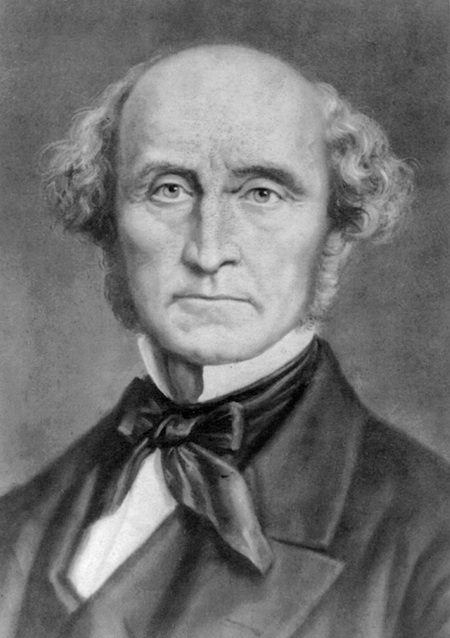
1806: John Stuart Mill (British liberal philosopher and essayist), Max Stirner (proto-existentialist German nihilo-anarchist), Elizabeth Barrett Browning (English poet, Sonnets from the Portuguese), Benito Juárez (president of Mexico and folk hero), Matthew Fontaine Maury (father of modern oceanography), Józef Kremer (Polish messianic philosopher), Catherine Labouré (French visionary and saint), Jean Bernard Duseigneur (Bouzingo).
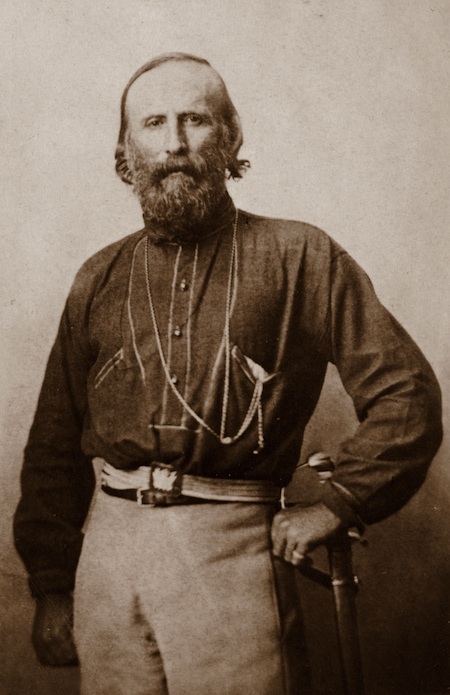
1807: Giuseppe Garibaldi (privateer, Italian hero), Robert E. Lee (Confederate General), Jane Digby (adventurer), Aloysius Bertrand (Bouzingo, instrumental in the introduction of the prose poem into French literature, inspired Baudelaire and and later Symbolist poets), Henry Wadsworth Longfellow (American poet, Evangeline), John Greenleaf Whittier (American Quaker poet and abolitionist), Louis Agassiz (French paleontologist, geologist), Ezra Cornell (founder of Cornell University), Harriet Taylor (English philosophical writer).
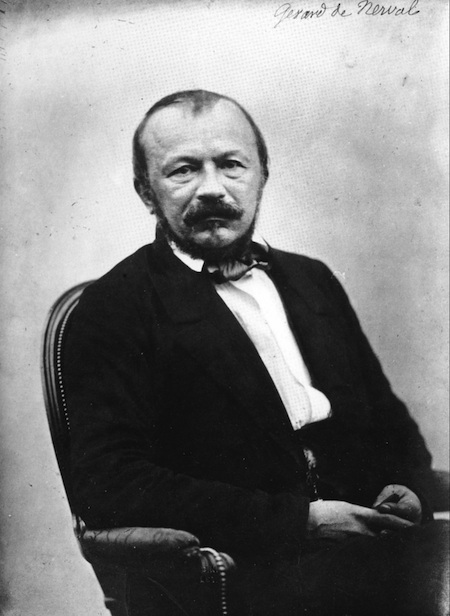
1808: Gérard de Nerval (French writer, dandy, flâneur), Wilhelm Weitling (German socialist, dismissed as a “utopian socialist” by Marx and Engels, though Engels also referred to him as the “founder of German communism”), Andrew Johnson (17th President of the United States), Honoré Daumier (French caricaturist and satirist), Napoleon III (Emperor of the French), Jefferson Davis (President of the Confederate States), Samson Raphael Hirsch (German rabbi), Jules Barbey d’Aurevilly (French writer, dandy), Salmon P. Chase (US Secretary of the Treasury), Thomas D. Rice (comic, played “Jim Crow”)
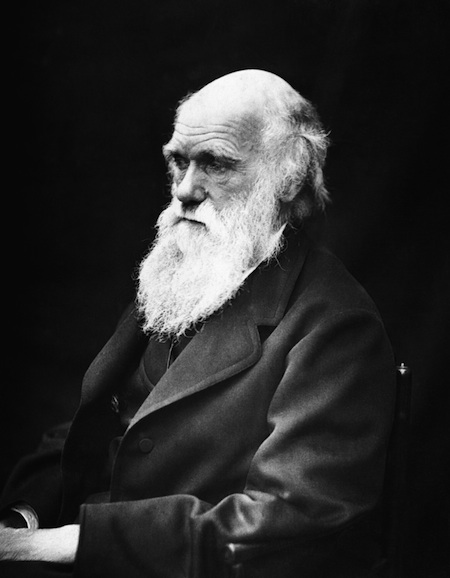
1809: Charles Darwin (British naturalist, proposed theory of evolution via natural selection), Edgar Allan Poe (American author and poet), Abraham Lincoln (16th US President, freed the saves, preserved the Union), Nikolai Gogol (Russian author: Dead Souls, The Overcoat), Alfred, Lord Tennyson (poet), Pierre-Joseph Proudhon (French anarchist), Petrus Borel (French poet, Bouzingo), Bruno Bauer (German theologian, philosopher important to atheists; he concluded that early Christianity owed more to ancient Greek philosophy than to Judaism), Louis Braille (French teacher, invented reading system for the blind), Kit Carson (frontiersman and Indian agent), David Einhorn (Jewish reform movement), William Ewart Gladstone (four times UK Prime Minister), Oliver Wendell Holmes Sr. (Bostonian physician, author), Cyrus McCormick (invented grain harvester), Felix Mendelssohn (composer, Overture to A Midsummer Night’s Dream), Benjamin Peirce (mathematician: idempotent and nilpotent).
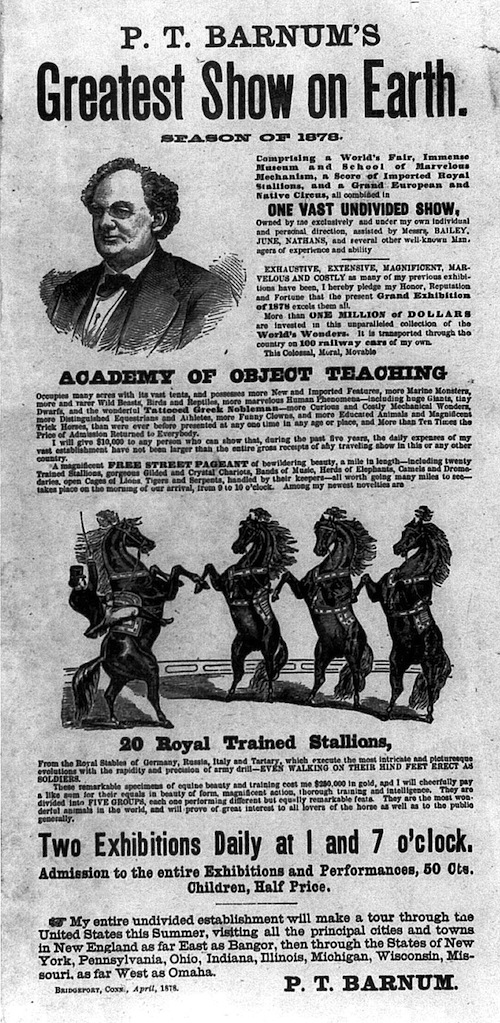
1810: P.T. Barnum (American hoaxer, showman), Frédéric Chopin (Polish composer, pianist), Margaret Fuller (American journalist and author, Woman in the Nineteenth Century), Theodore Parker (Transcendentalist), William Henry Channing (Transcendentalist), James Freeman Clarke (Transcendentalist), Camillo Benso di Cavour (activist, genius behind a united Italy), Cassius Marcellus Clay (Kentucky anti-slavery advocate), Cochise (Native American warrior), Pope Leo XIII, J. Miller McKim (abolitionist and advocate for freed slaves’ rights), Alfred de Musset (poet, Les Caprices de Marianne), Harriet Forten Purvis and Robert Purvis (African-American abolitionists, Underground Railroad), Ernestine Rose (suffragette and abolitionist), Robert Schumann (composer, Toccata), Joseph Bouchardy (Bouzingo).
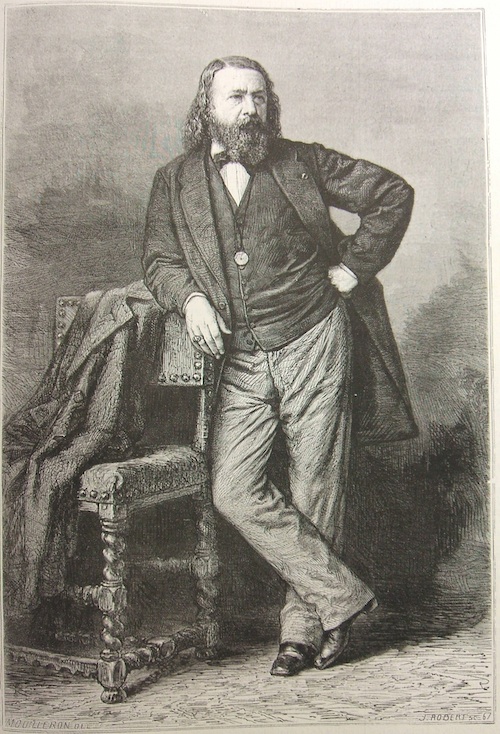
1811: Théophile Gautier (French poet, dandy, Bouzingo, The Hashish-Eaters’ Club), Louis Blanc (French politician, socialist who called for the creation of cooperatives in order to guarantee employment for the urban poor), Vissarion Belinsky (Russian literary critic of Westernizing tendency), Friedrich Hecker (German revolutionary, active during the 1848 Revolution), Horace Greeley (statesman, author, Fourierist, publisher of The Tribune), William Makepeace Thackeray (British novelist, Vanity Fair), Philothée O’Neddy (Théophile Dondey de Santeny, French poet and Bouzingo), Delia Bacon (Shakespeare-Bacon conspiracist), Robert Wilhelm Bunsen (chemist, spectrum analysis, bunsen burner), Jules Dupré (painter, Barbizon school), Franz Liszt (Hungarian composer and pianist), John Humphrey Noyes (Oneida Community founder), Elisha Otis (invented the safety elevator), Isaac Merritt Singer (built a better sewing machine), Harriet Beecher Stowe (American novelist, Uncle Tom’s Cabin), Charles Sumner (anti-slavery Senator from Massachusetts), Chang and Eng Bunker (“Siamese” twins and sideshow performers).
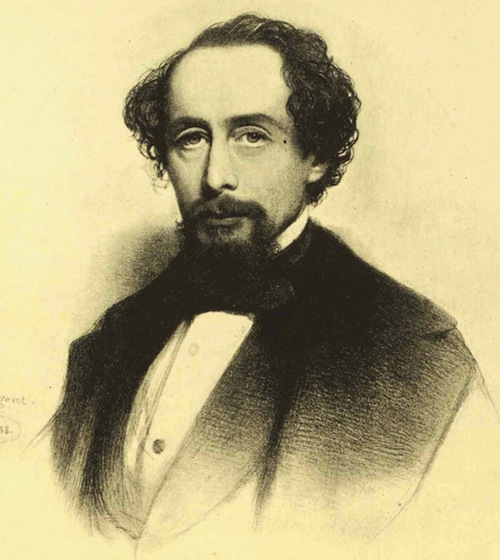
1812: Charles Dickens (English writer, dandy, Oliver Twist), Alexander Herzen (the “father of Russian socialism”), Edward Lear (poet, “The Owl and the Pussycat”), Melchora Aquino (Filipino revolutionary hero), Charles Lewis Tiffany (American jeweler), Stephen Pearl Andrews (American anarchist and abolitionist), Robert Browning (prominent Victorian poet and playwright), Ellen Sturgis Hooper (poet, Transcendentalist), Martin R. Delany (Black nationalist), Ivan Goncharov (Russian novelist, Oblomov.
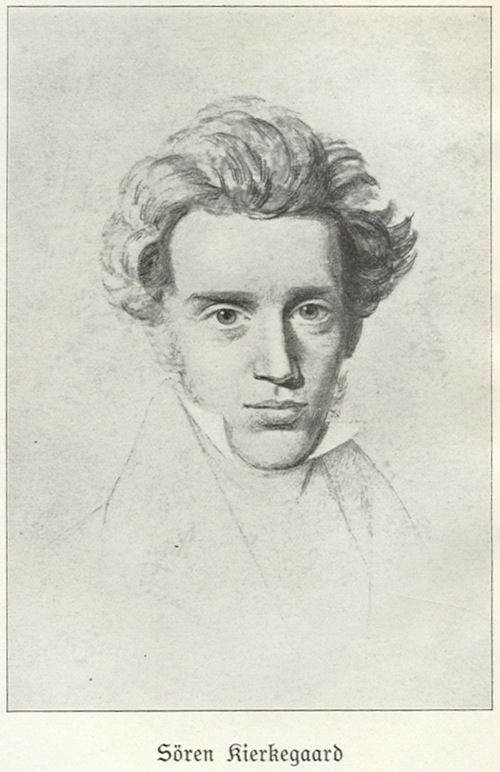
1813: Søren Kierkegaard (Danish philosopher, proto-existentialist), Richard Wagner (German composer, Ride of the Valkyries; as a young man, he helped organize the defense of the barricades against Prussian troops during the May Uprising of 1849), Georg Büchner (German late-romantic playwright: Danton’s Death, Célestin Nanteuil (Bouzingo), Auguste Maquet (Bouzingo, collaborated with Dumas on The Three Musketeers and its sequels, The Count of Monte-Cristo, and others), Woyzeck), Nikolay Ogarev (Russian politial activist), Sir Henry Bessemer (English inventor, Bessemer process to manufacture steel), John C. Frémont (American soldier and explorer), David Livingstone (Scottish missionary and explorer), Nathaniel Currier (American illustrator), Stephen A. Douglas (presidential candidate), Henry Ward Beecher (American clergyman and reformer), Christopher Pearse Cranch (Transcendentalist), Giuseppe Verdi (Italian composer, La Traviata), Joseph Cinqué (led the Amistad slave rebellion), Thomas Mellon (patriarch of the Mellon dynasty), J. Marion Sims (father of gynecology, explorer of lady parts).
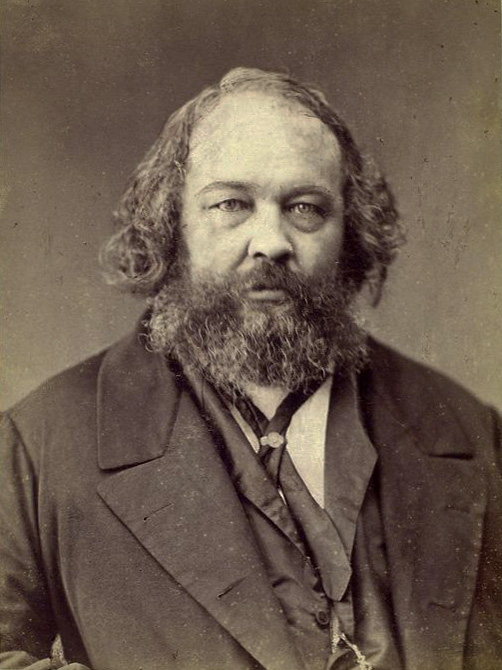
1814 (cuspers): Mikhail Bakunin (pioneer of the Anarchist movement), Hong Xiuquan (Chinese rebel), Anders Jonas Ångström (Swedish physicist, founder of spectroscopy), John Bernard Burke (historian, Burke’s Peerage), Samuel Colt (invented the revolver), Edmond Frémy (chemist, discovered hydrogen fluoride), Joseph Hooker (Union Army General), Julius Robert Mayer (physicist, studied thermodynamics), Henri Nestlé (German-born Swiss chocolate magnate, invented infant formula), Sir James Paget (father of modern pathology), Edwin M. Stanton (Secretary of War during the Civil War), James Joseph Sylvester (mathematician, studied finite analysis), Taras Shevchenko (Ukrainian poet, nationalist, and founder of the Ukrainian language), George Putnam (publisher, friend of Transcendentalists), Esther Morris (American suffragist and judge), Daniel Kirkwood (astronomer), Jean-François Millet (French painter), Adolphe Sax (Belgian instrument maker and inventor). HONORARY RETROGRESSIVISTS: Sheridan Le Fanu (Irish writer of Gothic tales and mystery novels; premier ghost story writer of the 19th century), Mikhail Lermontov (Russian romantic poet).
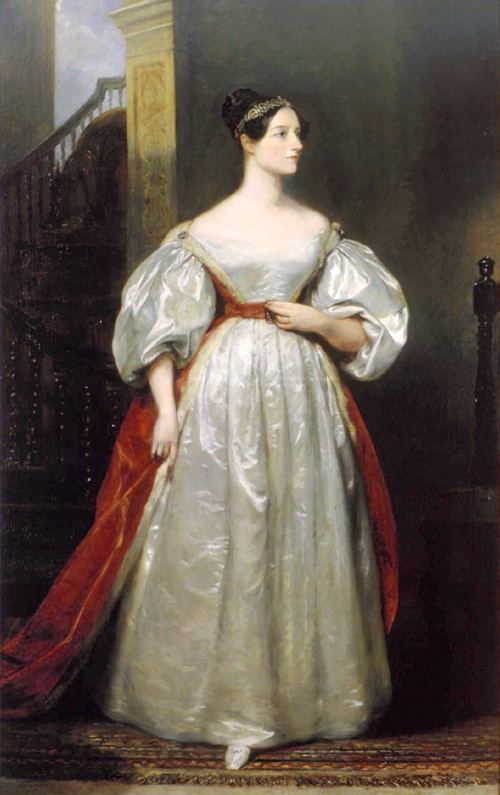
HONORARY AUTOTELICS (born 1815): Ada (Byron) Lovelace (English computer pioneer; programmed the [theoretical] difference engine)
NB: Somewhere in the early 19th century, according to patterns I’ve discovered via research and abductive methods, our decade/generation scheme shifts from a “4-3” to a “5-4” pattern. It seems fairly obvious that the shift happened in Paris, in 1830 — thanks to (a) the “battle of Hernani” waged by the Jeunes-France on behalf of romanticism vs. rules in poetry and proper language on the stage; (b) the July Revolution, which installed the “bourgeois king” Louis-Philippe and signaled the first triumph of the middle class in world affairs; (c) Berlioz’s Symphonie Fantastique, which shattered the convention of “four-squareness” in melody, the rigidity of rhythms, and the predictability of harmonic formulas; and, finally, (d) at the Academy of Sciences, the break between Cuvier and Geoffroy Saint-Hilaire over Lamarck’s hypothesis (which chimed with the Romanticist idea that everything is alive and in motion) about the transformation of species, i.e., Evolution. As a result, the the Eighteen-Twenties lasted only nine years: 1825-33.
Which means those born in a 3 or 4 year after 1825 are cuspers; those born in a 4 or 5 year before 1833 are cuspers.
ADVENTURE WRITERS: Edgar Allan Poe (Top 200: The Narrative of Arthur Gordon Pym of Nantucket), Charles Dickens (Top 200: Oliver Twist).
